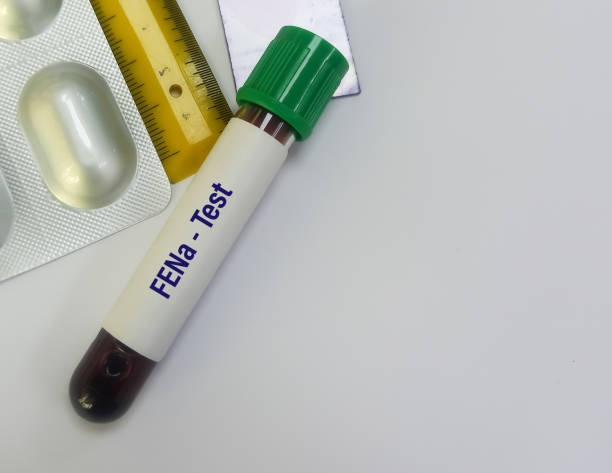Cancer Treatment
Cancer treatment refers to the various methods and approaches used to treat cancer, a disease characterized by the uncontrolled growth and spread of abnormal cells in the body. The goal of cancer treatment is to eliminate cancer cells, prevent their spread or recurrence, and improve the patient’s quality of life.
Effective Anticancer Treatment
Effective anticancer treatments can be categorized into several types, each targeting cancer cells in different ways. because cancer treatment typically involves a combination of therapies tailored to the specific type and stage of cancer a person has. Healthcare professionals create treatment plan and recommend effective cancer medicine as per type and stage of cancer. Some of the most common and effective treatments for cancer include:
- Chemotherapy: This involves using drugs to kill cancer cells. Chemotherapy can be administered orally or intravenously and is often used in combination with other treatments.
- Radiation Therapy: This treatment uses high-energy radiation to kill cancer cells. It can be used alone or in combination with other treatments.
- Surgery: Surgery involves physically removing the cancerous tumour and surrounding tissue. It’s often used when the tumour is localized and hasn’t spread to other parts of the body.
- Immunotherapy: Immunotherapy helps the body’s immune system recognize and attack cancer cells. It includes various approaches such as immune checkpoint inhibitors, monoclonal antibodies, and adoptive cell therapy.
- Targeted Therapy: This treatment targets specific molecules or pathways involved in the growth and survival of cancer cells. Targeted therapy drugs work differently from standard chemotherapy drugs and may have fewer side effects.
- Hormone Therapy: Hormone therapy is used to treat cancers that are hormone-sensitive, such as breast and prostate cancer. It works by blocking the body’s production of certain hormones or by blocking the action of hormones on cancer cells.
- Stem Cell Transplant: Also known as bone marrow transplant, this procedure involves replacing damaged or diseased bone marrow with healthy stem cells. It’s often used to treat blood cancers like leukaemia, lymphoma, and multiple myeloma.
- Precision Medicine: This approach involves using genetic testing to identify specific mutations or biomarkers in a patient’s cancer cells. Treatment can then be tailored to target those specific mutations.
- Combination Therapy: Many cancer treatments are most effective when used in combination. For example, chemotherapy and radiation therapy are often combined to enhance their effectiveness, or immunotherapy may be used alongside targeted therapy for certain cancers.
Benefit of Effective Anticancer Treatment
The benefits of effective anticancer treatment are manifold and extend to both the individual patient and society as a whole. Here are some of the key benefits:
- Increased Survival Rates: Effective anticancer treatments can significantly improve survival rates for cancer patients. By targeting and eliminating cancer cells, these treatments can help patients live longer, healthier lives.
- Improved Quality of Life: Anticancer treatments can alleviate symptoms, reduce pain, and improve overall quality of life for cancer patients. This may include relief from pain, improved mobility, and enhanced emotional well-being.
- Reduced Tumour Burden: Many anticancer treatments are effective at shrinking or eliminating tumours, reducing the burden of cancer on the body and potentially preventing further complications or metastasis.
- Prevention of Recurrence: Some anticancer treatments, such as chemotherapy, radiation therapy, and targeted therapy, can help prevent cancer recurrence by targeting residual cancer cells that may remain after initial treatment.
- Enhanced Personalized Medicine: Advances in anticancer treatments, such as targeted therapy and immunotherapy, have led to the development of more personalized treatment approaches towards specific anticancer medicines to individual patients.
- Preservation of Organ Function: Surgical and nonsurgical anticancer treatments can help preserve organ function by removing or targeting cancerous tissues while sparing healthy surrounding tissues and organs.
Overall, effective anticancer treatments play a crucial role in improving outcomes, quality of life, and overall well-being for cancer patients, offering hope and optimism in the face of a challenging diagnosis.
Conclusion
Each type of treatment has its own benefits, risks, and potential side effects. It’s essential for patients to work closely with their healthcare team to develop a personalized treatment plan. The choice of treatment depends on factors such as the type and stage of cancer, the patient’s overall health, and individual preferences. Treatment plans are often developed collaboratively by a multidisciplinary team of healthcare professionals.





